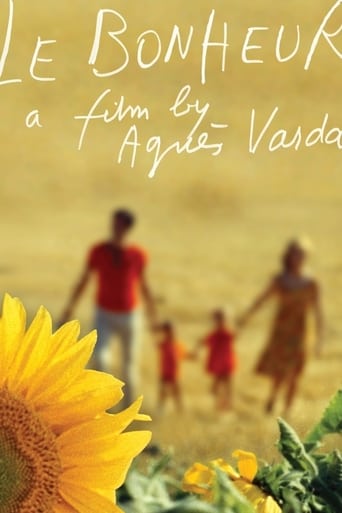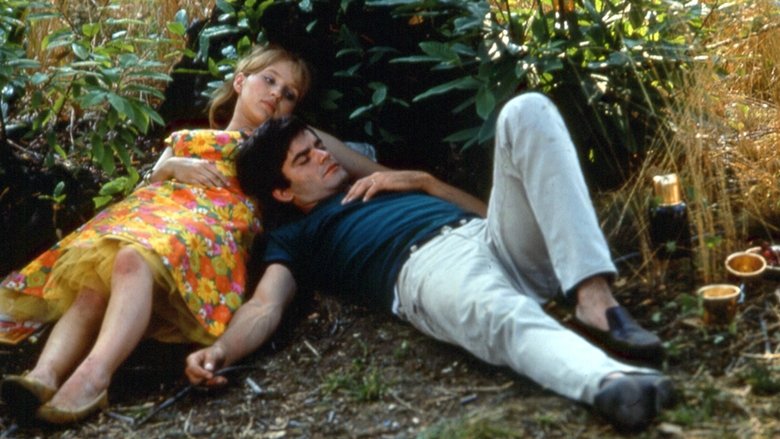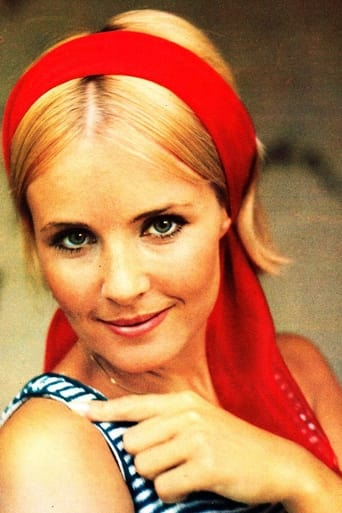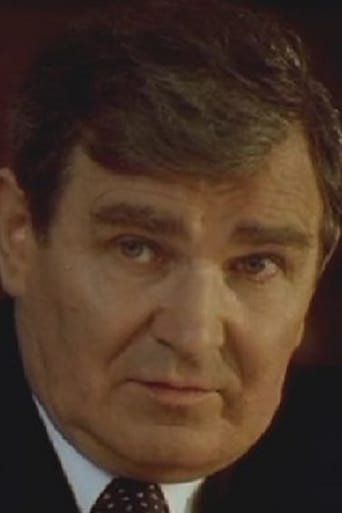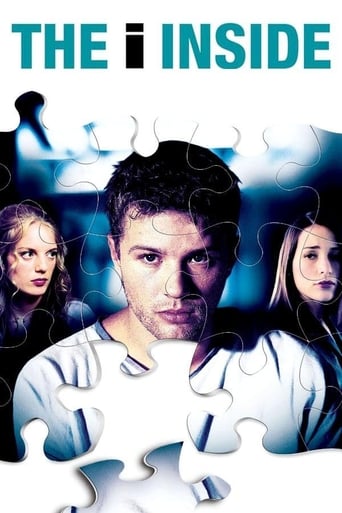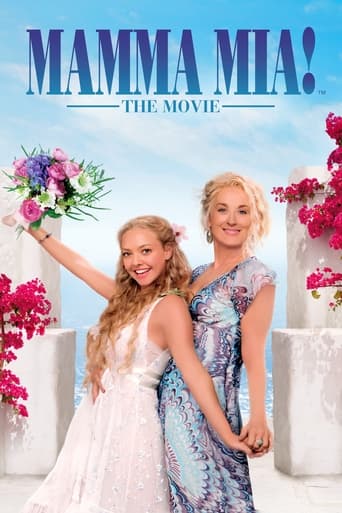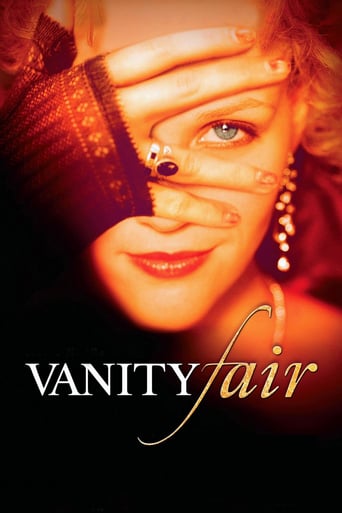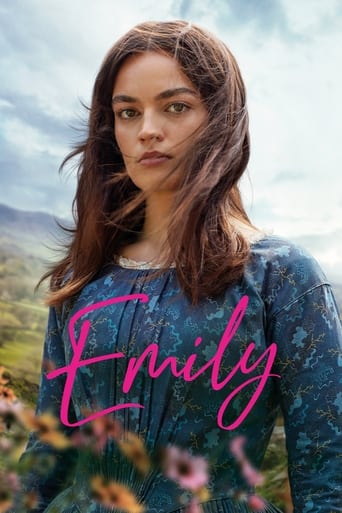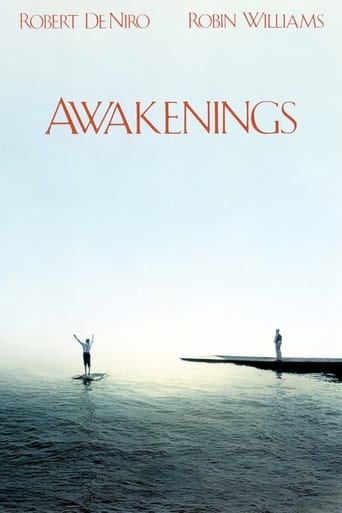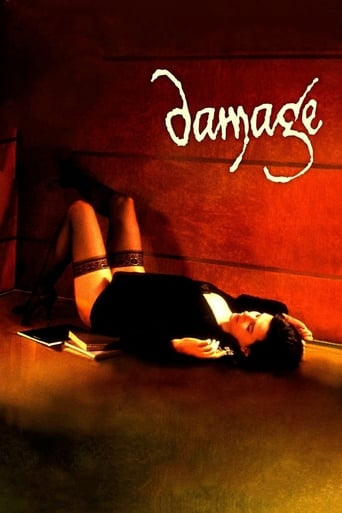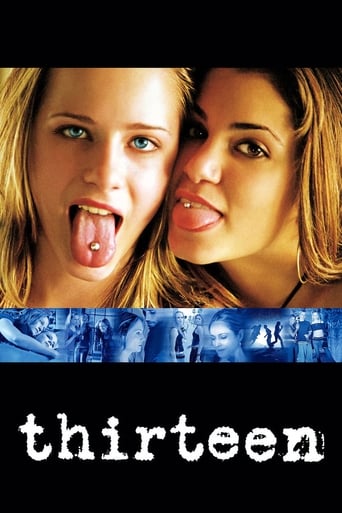Happiness (1965)
A young husband and father, perfectly content with his life, falls in love with another woman.
Watch Trailer
Cast


Similar titles
Reviews
Wonderful character development!
Excellent, a Must See
One of the worst ways to make a cult movie is to set out to make a cult movie.
It is an exhilarating, distressing, funny and profound film, with one of the more memorable film scores in years,
I'm surprised the release of this movie in America in the 90s compelled some viewers to reconsider Varda's stature as a feminist director. Seems clear to me she was presenting an ironic picture of happiness right off the top, with the colorful spring flowers and the impossibly-in-love couple, set to Mozart. Then the husband starts making faces at the telegraph girl even though his wife has given him no reason to wander. He tries to justify this lack of fidelity as ''love for two women" and of course the mistress buys it. But there's no way the viewer is buying it. Eventually he gets around to telling his wife, but he's not quite as up-front with her as he was with the mistress. But listen to the musical cues. The happy Mozart that has repeated for the first 65 minutes is gone. Replaced by foreboding Mozart. Meanwhile, watch how the wife builds the kids a bona fide sleeping lean-to to keep them safe from park critters while they sleep. Husband tries to spin his self-justifying nonsense with an analogy. She seems doubtful, but he appears to win her over and they make love, then fall asleep. After the tragedy he barely misses a beat before taking up with the mistress again. She's introduced to the kids and they go for a walk in the autumn park setting, now with a Mozart fugue. She tells them, ''I'll build you a house'' and she puts three little sticks together that is basically a 1/25-size version of the protective structure the actual wife had built for them early that summer. She's a fake, in other words. A pretender. An interloper. A pale copy. And what does the husband do? ''I'm going for a walk.'' He's already day-dreaming about wandering off from the mistress/fake-mom. Sure, Varda doesn't spell it out and have characters yell at each other. Or paint him explicitly as a devil. But that's the point. The husband comes in a pleasant, slick, good-looking, superficially loving package. He's a fraud. The mistress is a fraud. They wear matching sunflower yellow cardigans in the final scene, an autumn tone of yellow to mimic the bright spring yellows he and the real wife were rolling around in during the spring park scene. This movie is pure poetry and Varda is a genius.
François, a young carpenter, lives a happy, uncomplicated life with his wife Thérèse and their two small children. One day he meets Emilie, a clerk in the local post office.This film contains many feminist elements that reflect the movements that were taking place among women during that time. These feminist movements emphasized "consciousness raising" among women that encouraged the female population to refuse to be silent and "to act in their own interests," an idea that embodied the words of French feminist Simon de Beauvoir, author of The Second Sex, when she stated that "women's identity was a social construct that stood in the way of full equality." It is subversive, but cleverly so. On the surface, this is a man openly involved in an affair, and rather than deal with the consequences, everything just sort of works out okay for him. Obstacles are presented as way too easy. This is not real life. But while on the surface the message is about a man who easily has two women, the deeper message is to be found through a closer inspection.
François leads an idyllic life full of happiness. He loves his wife and their young children; he enjoys his work as a carpenter; and the country town where he lives is awash with sunshine and smiling faces. So when he meets a pretty girl working at the post office, what could be more natural and right than to take a further sip from the bowl of happiness?Le Bonheur is a delicious sugar-coated bonbon with a bitter centre. What disturbs the viewer most is the cool unjudging gaze of Varda's camera: the characters are naive but not cruel, and when tragedy strikes it comes about from a childlike pursuit of happiness. Then the seasons change, and life continues with no-one wiser than before...The emphatic pastel colour palette of the film, and the music of Mozart that plays insistently throughout, are beautiful and cloyingly seductive. They entice us into the innocent fantasy world of François, where all it takes to do the right thing is to follow your desires. What could possibly go wrong?Le Bonheur is an exquisite, delicate, ambiguous masterpiece of the type that Hollywood was, is and always will be incapable of producing.
A man in a happy marriage with two kids begins an affair, sincerely feeling he has enough love for both women and that neither one will be loved less. To start with, it's absolutely beautiful to look at. Varda always seems to know exactly what to do with the image, where to put the camera, which direction to move, when to cut, what color to fade to; everything is absolutely perfect.Moreover, the film is completely fascinating first because Varda deals with her subject with a rare honesty and forgiveness. Not a single character is unlikeable. Even if you see error in the husband's thinking, it is clear he believes with all of his heart that he truly can love both of these women at once and you sympathize with his sincerity. The wife is easy to care for, a good mother and very devoted, and the mistress is not someone you feel compelled to hate, either. She's not out to break up this marriage and she seems to really need this love.And what makes the film endlessly interesting is in how ambiguous Varda is about her own feelings. She never leads you to pick a side, never encourages you to see one specific viewpoint or leave the film feeling a particular way about what happened. While the music (Mozart is used throughout most of the film) in the last 15 minutes would seem to suggest anger at the way things have turned out, you can also look at the early stages of the film and see the image of the idyllic family with pastoral music as too perfect a presentation, one that is not entirely believable. Varda even hints at this herself; after we've watched about five minutes of this family picnicking in the woods, she cuts almost immediately to nearly the same image in a TV advertisement, suggesting that a marriage that happy only exists in commercials to begin with.

